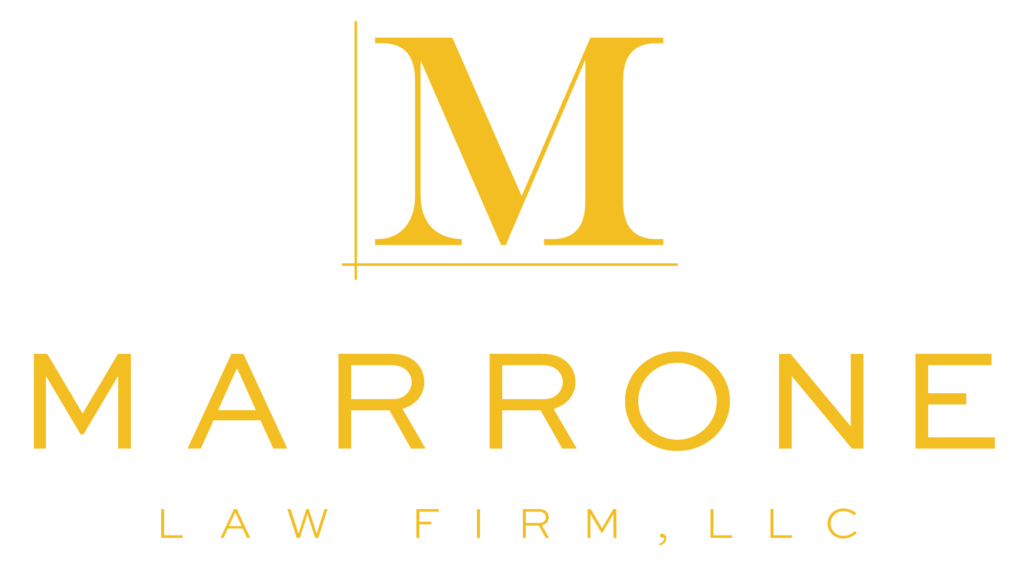4 Legal Things to Know About Buying a Home
Summer is a busy time in real estate, as families try to move into their new homes before the start of school in September. If you’re buying a home, whether it’s your first or last, you’ll find that it’s a time filled with excitement and anxiety. It’s also an important time to know your rights and the legal implications of the purchase. Working with a real estate attorney is a great way to get expert advise.
If you have any questions and your comfort level with legal documents is low, it’s best to hire a real estate attorney who can protect your rights and make sure that someone who isn’t benefiting from the transaction is representing your best interests.

According to our resident expert real estate attorney, the most important things to consider when purchasing a home are:
Taxes: Taxes can be beneficial or a burden when it comes to home ownership. Tax credits for first-time home buyers can help you get into a home, and there are several tax deductions available to home owners. Tax law is structured to encourage home ownership, so you should seek the advice of a professional who can walk you through the facts about tax credits and home ownership.
The other side of taxes is the property tax that you’ll pay on your home. Depending on where you are purchasing, your monthly tax payment could be equal to or exceed your mortgage payment, so it’s important to do the research and understand the property taxes clearly – including how often they are increased and, on average, by what percentage.
Inspections: If you’re getting a mortgage, your lender will require an inspection so they have a complete picture of the condition of the home. Even if you’re paying cash, an inspection can protect you and give you an idea of what systems or other parts of the home might need to be repaired or replaced. No matter your situation, a professional home inspection can protect you against unforeseen or (illegally) unreported problems in your new home. Ask your realtor to recommend a licensed, experienced home inspector in your area. If you’re purchasing a home with special considerations (such as a home that’s 100+ years old), look for an inspector who specializes in that type of property and has the knowledge to catch issues that may be unique to the age or type of home.
Local Regulations: Once you own your home, local laws, historical regulations or a homeowners’ association may limit your options when it comes to home improvements. For example, if the home is in a registered historic district, you may be limited to a certain number or palette of exterior paint colors or required to ensure that all construction, including things like new windows, matches the time period in which the house was built. Homeowners’ associations may have rules about things such as pets, landscaping, holiday decorations and backyard structures.
It’s important that you know whether any of these types of restrictions will affect you in your new home, and your rights in regard to the local regulations. A real estate attorney can help guide you through these policies and rules.
Insurance: You’ll need two types of insurance when buying a home: title insurance and homeowner’s insurance. When you buy a home, you don’t just get the land and the house on top — you get title to own the property. That legal title can carry defects, like liens or easements. It’s also possible that the seller doesn’t have air, mineral, or utility rights to the property. In extreme cases, the seller may not own the property outright or at all. Only a professional title search can reveal potential problems and give you the peace of mind that you own the property free and clear. A reputable title insurance firm will offer you a policy that protects you from financial losses due to undetected errors in the title before the sale. So, if a previous owner failed to pay some taxes on a lien, you won’t be responsible for the debt.
Homeowner’s insurance is a must – your home is an investment and something that takes up a lot of time and resources, so it should be protected. If you’re getting a mortgage, at least a minimum level of hazard insurance will be required by your lender to protect their interests.
A homeowner’s insurance policy can cover everything from theft and damage to injury and premises liability. If you have a trampoline, a dock or a pool on your property, there may be different types of insurance that you have to add to be sure that your rights are covered. Talk to an attorney for advice on the best type of insurance for your property and its amenities.
Buying a house is a major purchase with lasting implications, so it’s best to be very clear about what you’re buying and to know your rights. Our real estate attorneys are here to help you through the process so you can concentration on the excitement of moving into a home you love. Contact a real estate attorney today at 866-732-6700.






